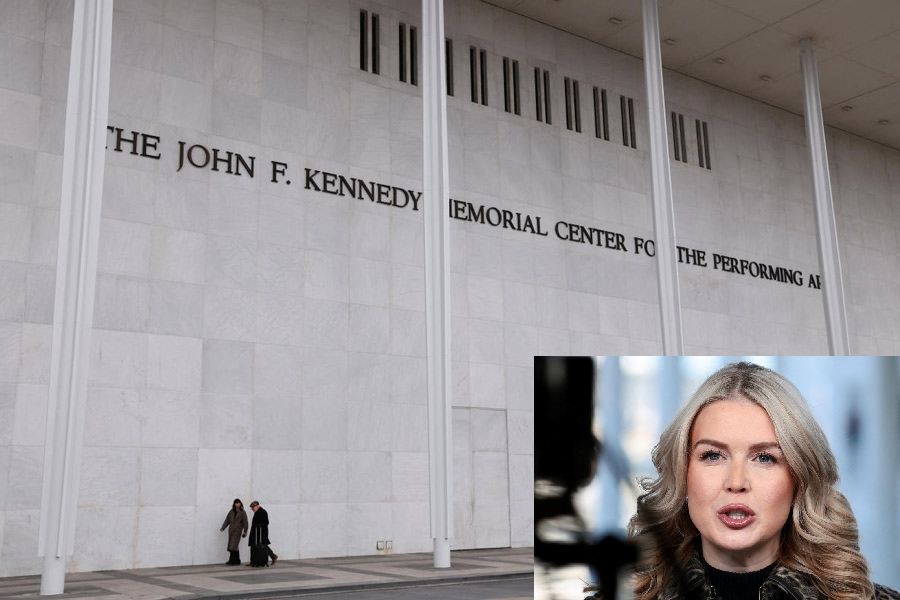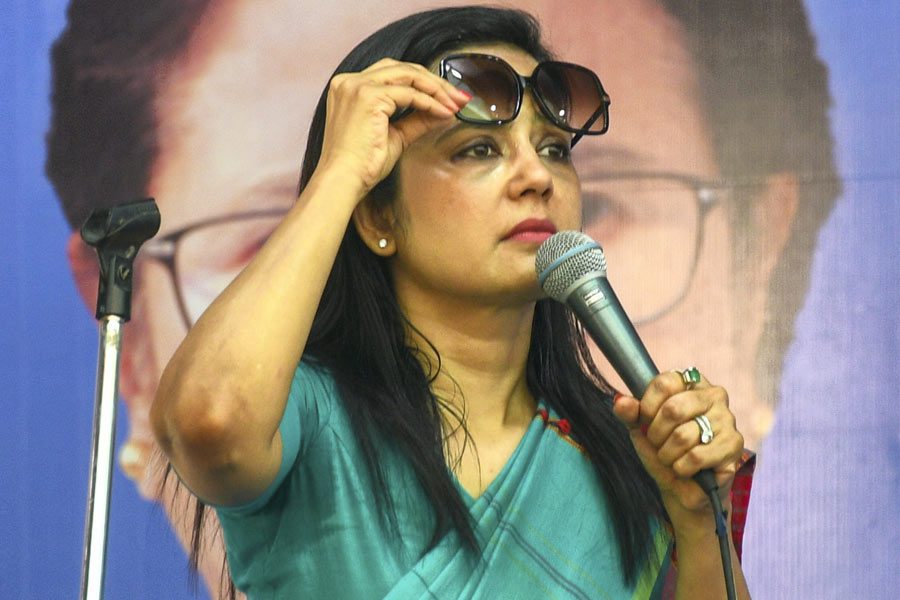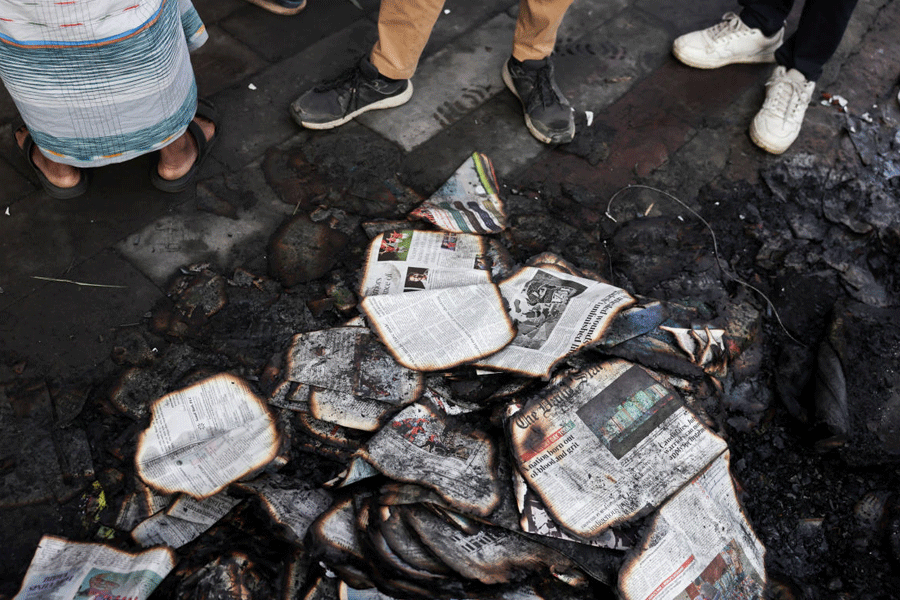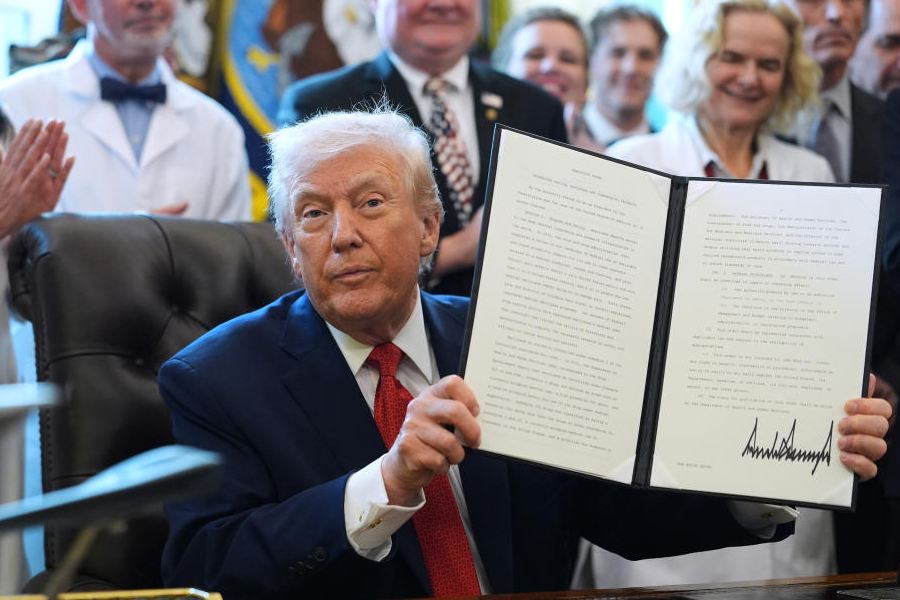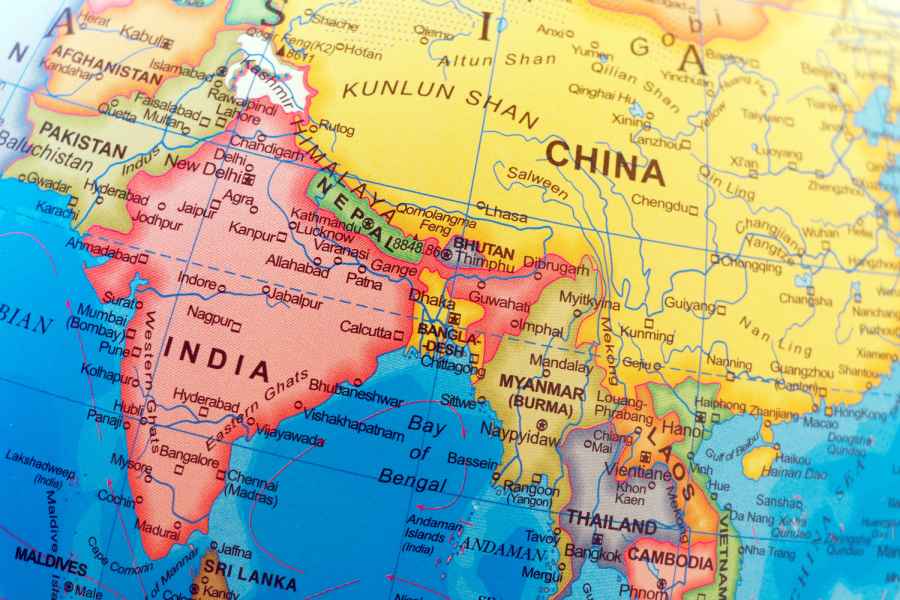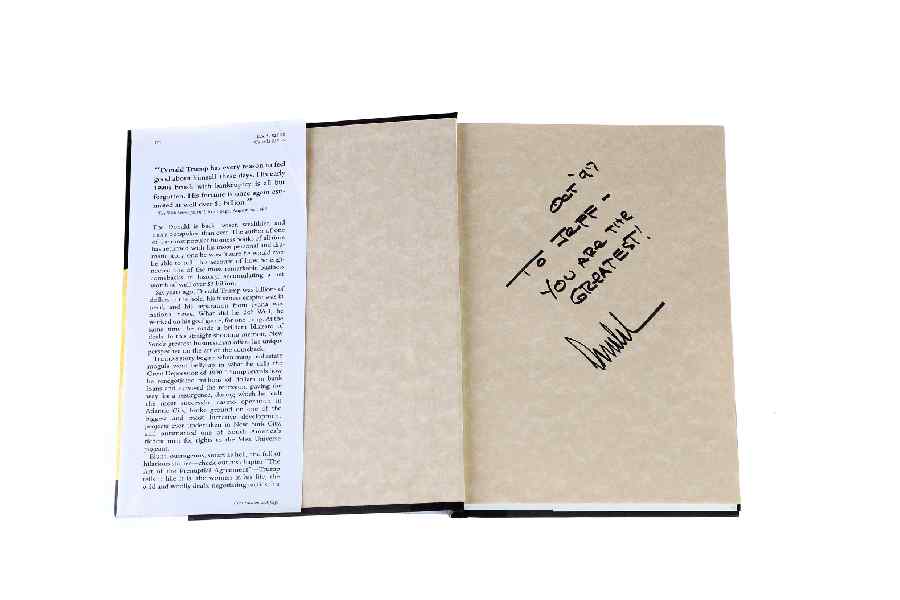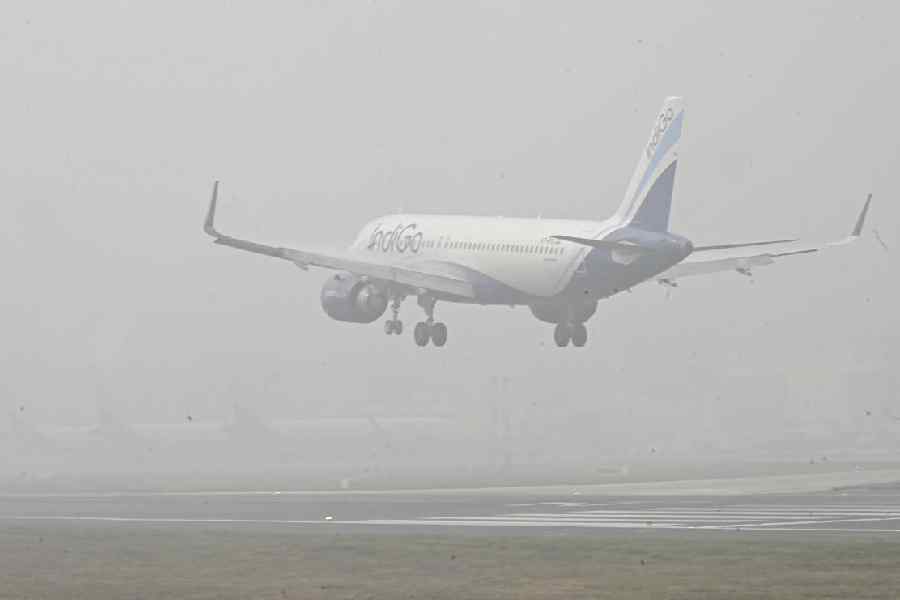New Delhi, Feb. 6: The 13th Lok Sabha was dissolved “officially” today but the constitutional validity of this premature dissolution will be known only on February 13 when the Supreme Court hears a petition challenging it.
A Rashtrapati Bhavan communique said Prime Minister Atal Bihari Vajpayee called on President A.P.J. Abdul Kalam on January 27 and conveyed the decision of the Union council of ministers to dissolve the Lok Sabha on February 6 after passing the vote-on-account 2004-05 and finance bill 2004 by February 5.
It also said the Prime Minister met the President last night and apprised him of the proceedings in Parliament. The “President has now accepted the recommendation and, in exercise of the power conferred upon him by sub clause (b) of clause (2) of Art. 85 of the Constitution, signed an order today dissolving the Lok Sabha with immediate effect”.
Around noon, before leaving for Chennai on a day’s visit, the President signed the communique issuing the proclamation dissolving the House with immediate effect under Article 85 of the Constitution.
But in the morning, the Supreme Court accepted for hearing a petition of a practising advocate, Viplav Sharma, challenging the dissolution.
The petition based its challenge on the same articles of the Constitution — 83(2) and 85(2)(b) — quoted for dissolving the House by the President and sought the interpretation of the apex court.
It argued that the council of ministers, headed by the Prime minister, “have no power, authority or jurisdiction to advise the President of India or to make recommendation to him to dissolve the House of the People (Lok Sabha)”.
The petition also sought interpretation of the “Constitutional Scheme” and the circumstances under which the Lok Sabha “can be dissolved under articles 83(2) and 85(2)(b) of the Constitution of India before the expiry of its term of five years”. It argued that no such circumstances exist today.
It said the “recommendation of the Union cabinet has been made on irrelevant and extraneous consideration and, as such, is illegal, invalid and unconstitutional and contrary to the oath taken by the Prime Minister and his council of ministers”.


